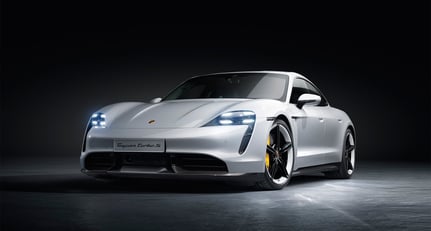The Porsche Taycan has finally been revealed – a car that’s vowing to restore the honour of the German car industry after the Diesel-gate scandal, electrify driving pleasure and lead Zuffenhausen into an emissions-free future. And the all-electric saloon has arrived at just the right time.
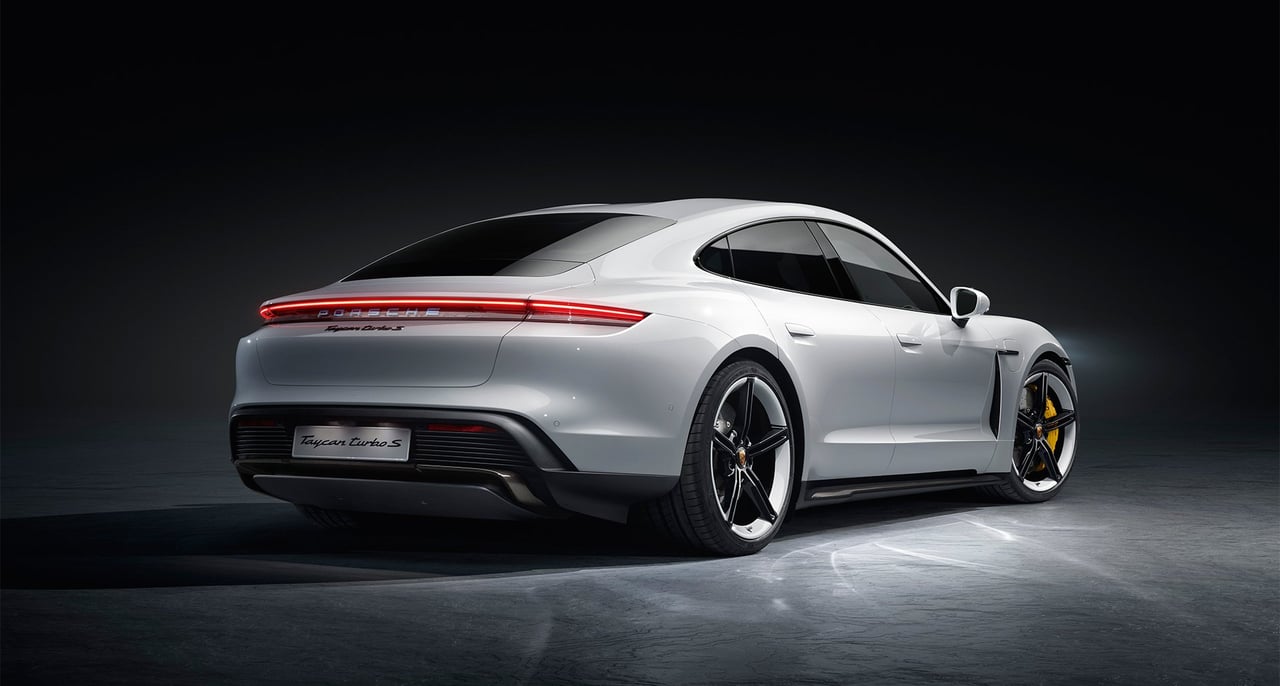
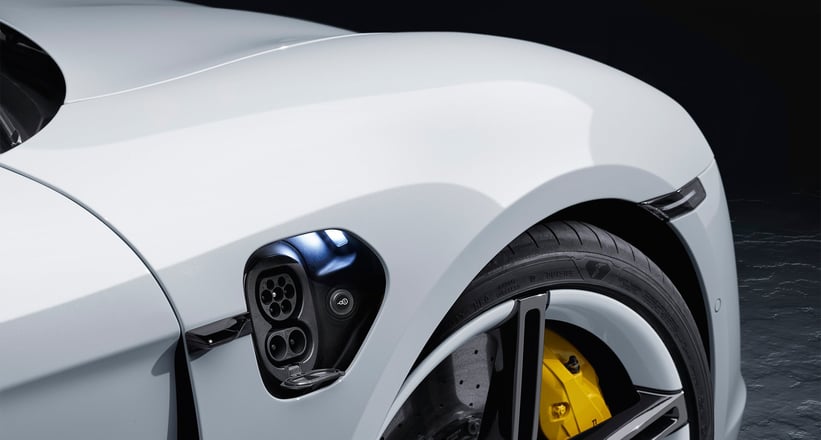
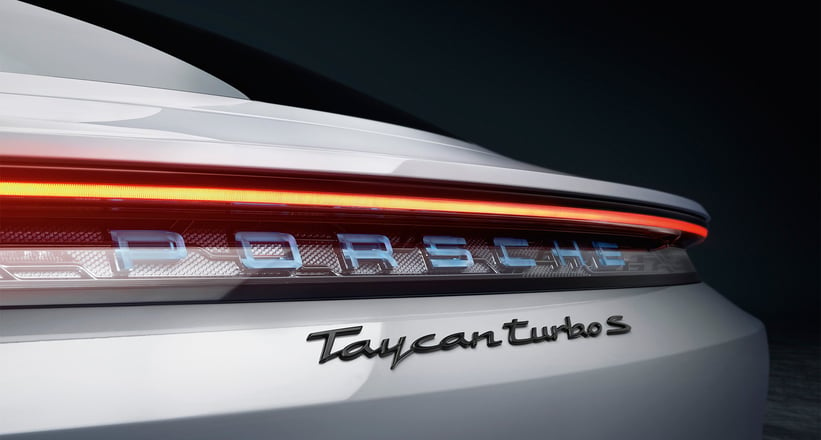
Dogmatic fossil fuel defenders and incendiary ideologists have been complaining less and less of late. The realisation that powerful and high-quality electric cars are not only capable of being a lot of fun but also silently boosting social credibility has dawned, even among orthodox petrolheads.
And it’s this swing of opinion that will ensure Porsche’s new Taycan will sell to people with pronounced zeitgeist antennas quicker than gluten-free avocado burgers in Berlin’s über-trendy Mitte district. But does the first electric-only Porsche really have what it takes to rival the 911 and change the all-too-familiar shape of the brand we know and love?
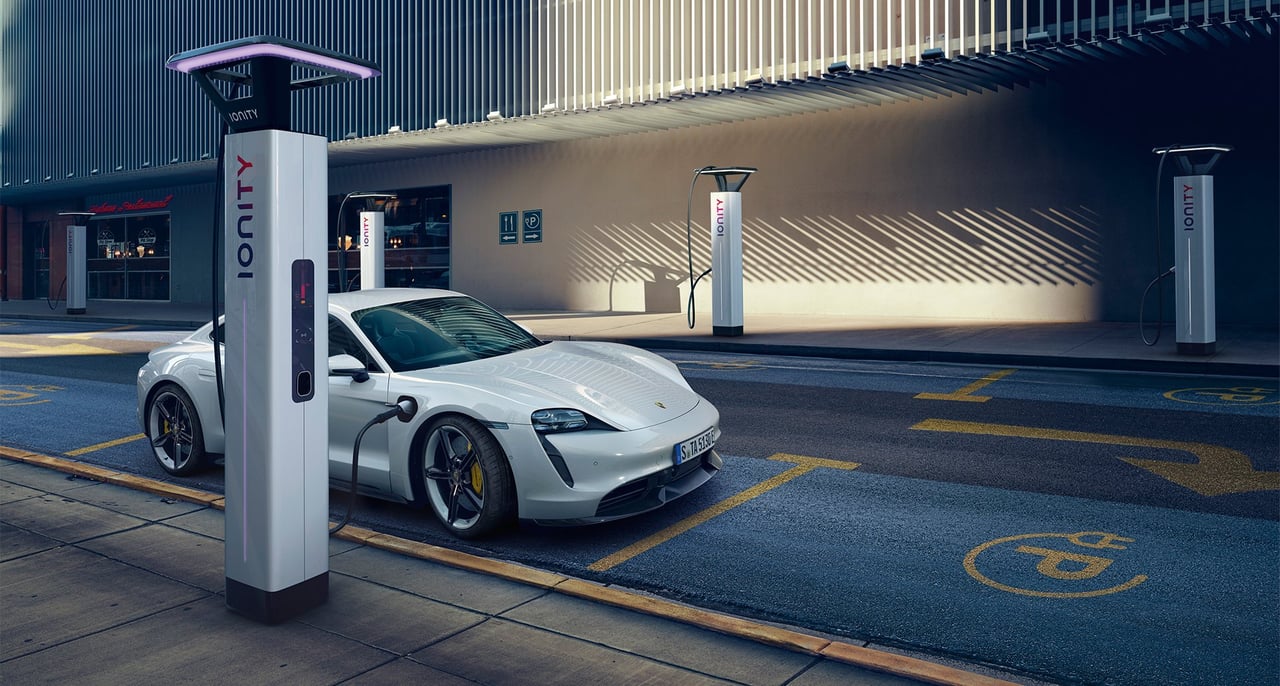
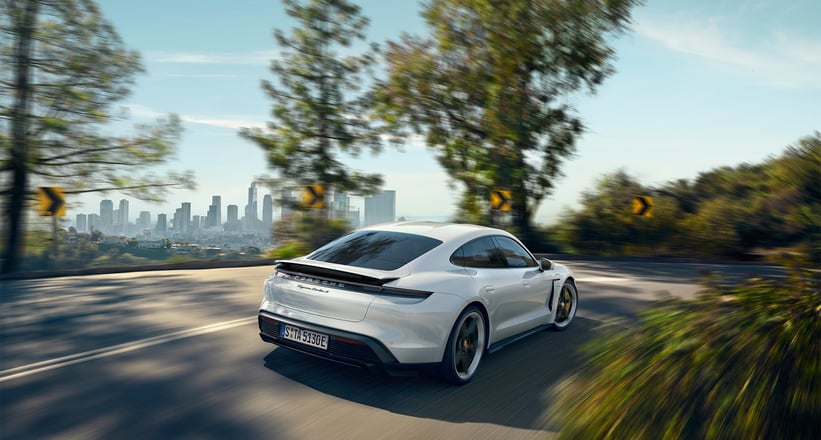
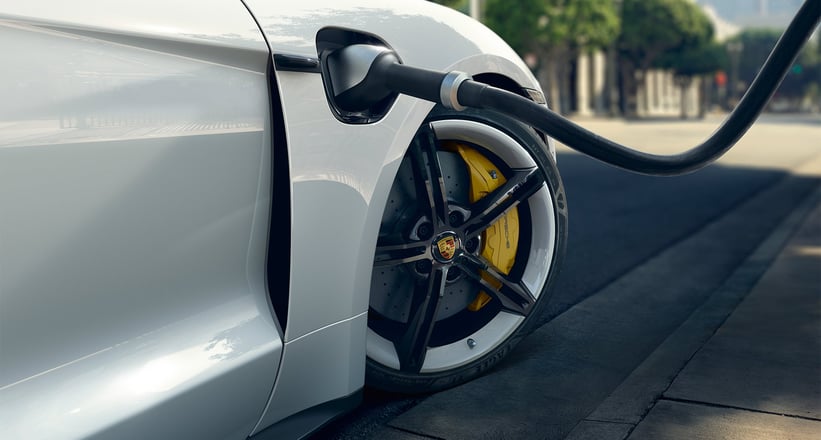
First things first, the Taycan is a Porsche through and through. It combines high performance, excellent craftsmanship, beguiling design and the brand’s signature real-world versatility – something that, so far, has been lacking in the market for electric sports cars.
As a strong signal to its global fanbase, Porsche will not launch the Taycan as a frugal economy car but rather as two range-topping models: the 680HP, circa-152,000-euros Turbo and 761HP, 185,000-euro Turbo S, both of which are available to order now. Less hair-raising versions of the four-wheel-drive Grand Tourer will follow later this year and we’ll see the family-friendly Taycan Cross Turismo arrive before the end of 2020. And the Taycan is by no means a side project – by 2022, Porsche plans to invest more than 6bn euros in electromobility.
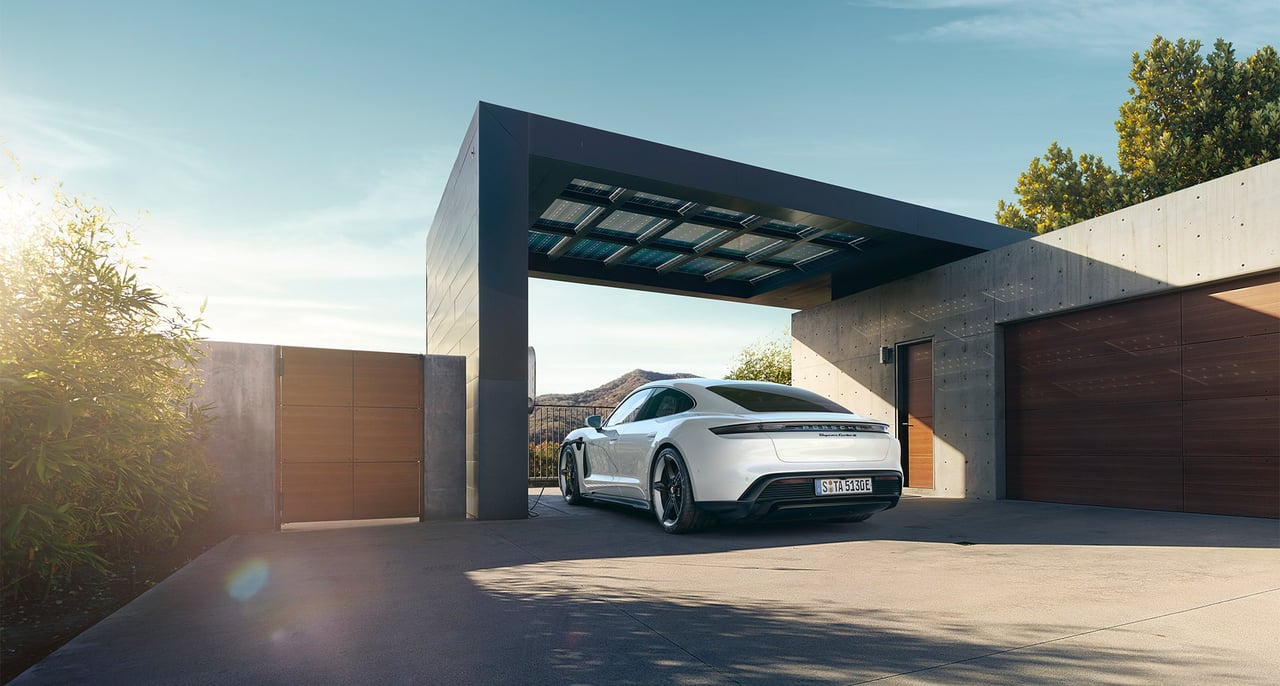
The datasheet is seriously impressive. With two electric motors, mounted on the front and rear axles, mated to a two-speed gearbox (allowing both rapid acceleration and efficiency at high cruising speeds), the Porsche Taycan Turbo S will sprint from 0–62mph in a breathtaking 2.8sec. The ‘regular’ Turbo will meanwhile take 3.2sec. The top speed of both models has been limited to 260kph, but for most customers, the 412 and 450 miles of range for the Turbo and Turbo S respectively will be far more crucial.
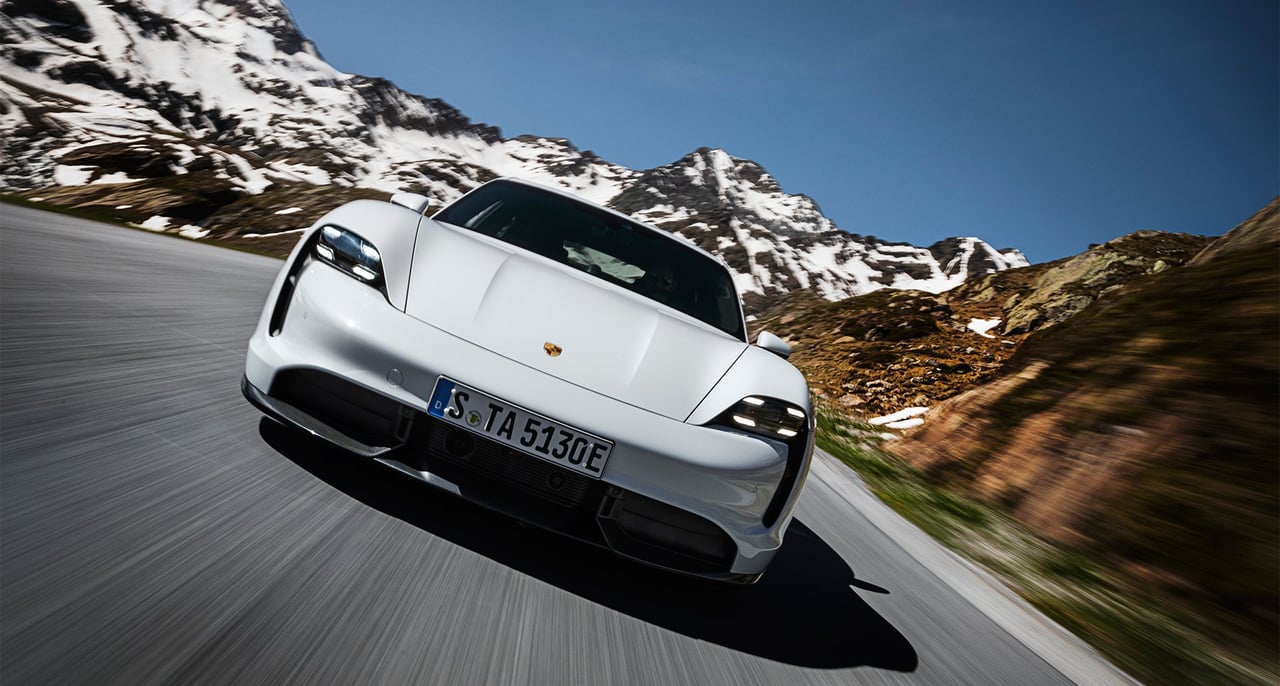
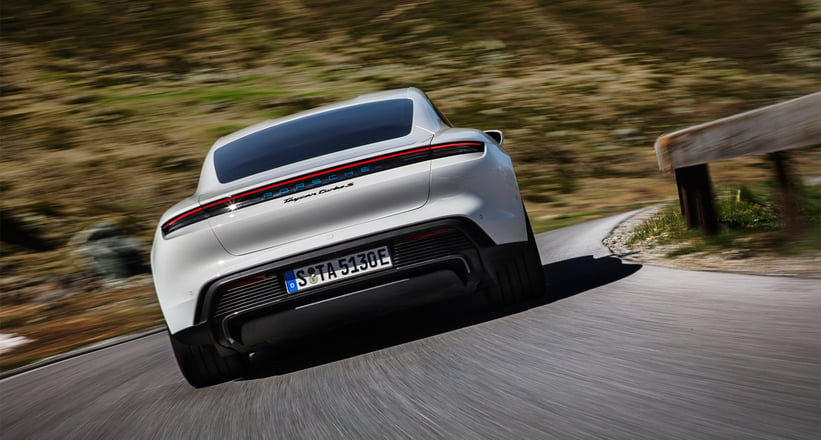
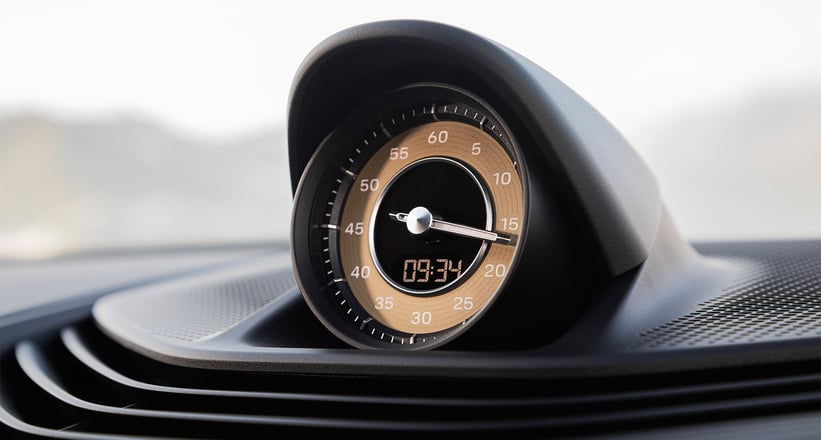
Thanks to an 800-volt battery, just five minutes of fast-charging will give the Taycan enough energy to cover 100km, while around 22 minutes will provide 80 percent of charge. Naturally, you can also charge the car at home, although that will take longer without a heavy current.
The kinetic energy recovered from braking is, according to Porsche, significantly higher than in other electric vehicles. And when it comes to the chassis, Porsche has also pushed the technological boundaries: there’s adaptive air suspension with electronic dampers in addition to electronic roll stabilisation. Depending on the situation and mood, the driver can also choose between especially economical or sporty driving modes.
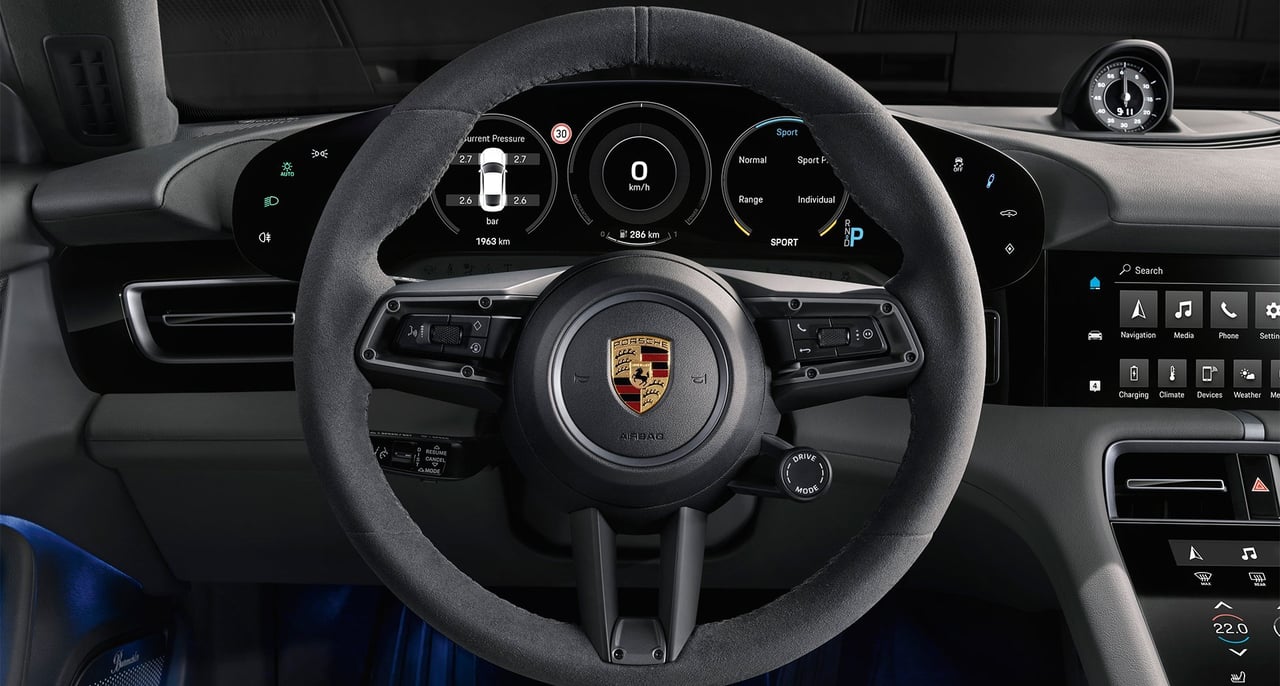
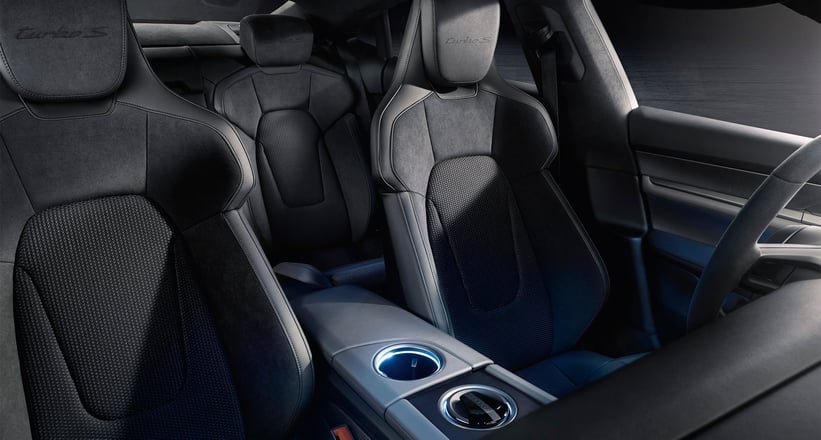
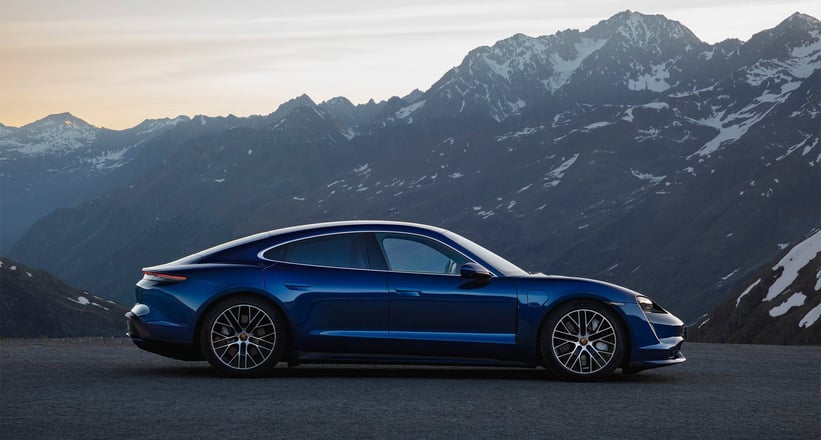
While the exterior of the Taycan remains close to the Mission E concept, albeit further optimised aerodynamically, the interior of the electric saloon truly sets new standards for the field. At its centre, there is a free-standing curved instrument cluster of which the most important driving data are displayed. There’s also an infotainment system with a 10.9in screen and, offered as an optional extra, a second display for the passenger. Adding your regular Millennial gear of smartphones, tablets and smartwatches, there will be no need for digital detox aboard the Taycan.
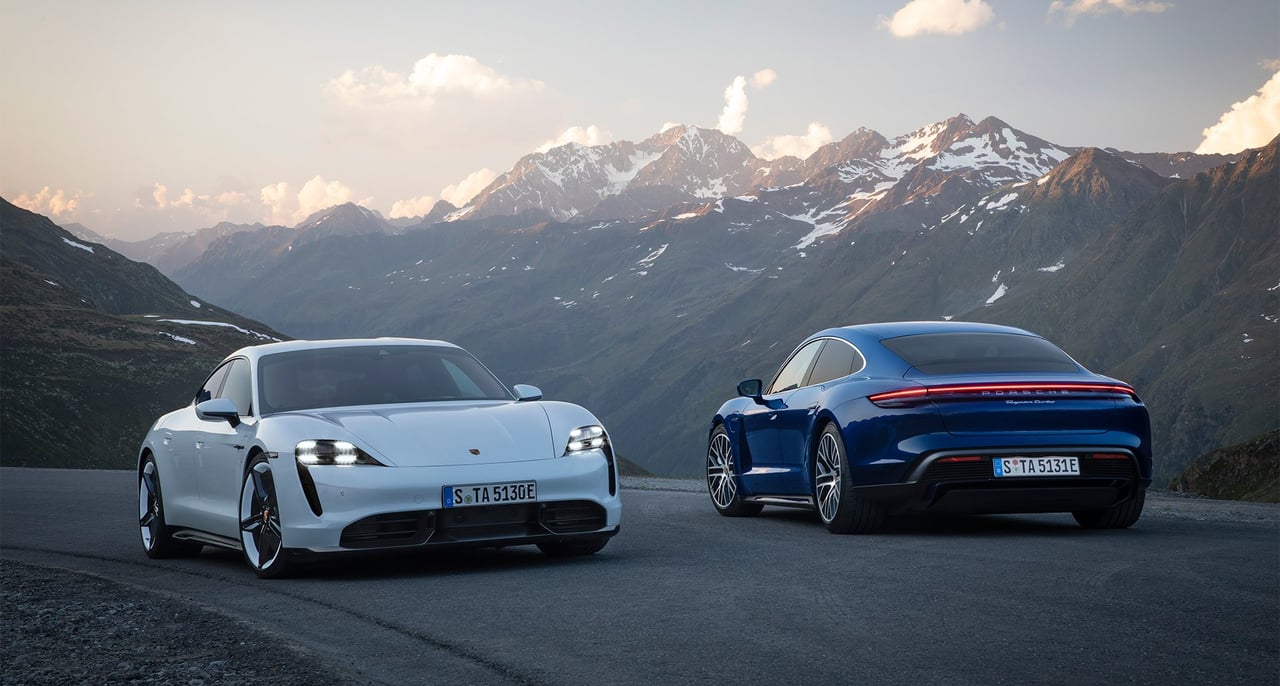
Old-world tools like switches and buttons have been largely dispensed with, as Porsches of the future will be fully connected and operated by touch or voice control. When it comes to the trim, Porsche has relied on recycled materials and anyone who orders a Taycan can opt for a ‘vegan’ specification with no leather.
We’ve known it for a while, but now it’s obvious: the Silicon Valley of Germany is located in Zuffenhausen.
Photos: Porsche
